The idea of OTAL has been widely discussed. Is there a need for teachers or classrooms if everything we need to know is online? What are the benefits of sitting in a classroom compared to staying at home working on a computer?
Education has evolved so much over the years; chalkboards, pen, paper, Interactive Whiteboards, tablets, etc, and the argument is why not incorporate these new technologies in to education?
OTAL can be carried out in so many ways; in a teaching environment, at home, synchronously (online the same time as a teacher), asynchronously (carrying out set tasks in your own time ), even just looking something up yourself is still OTAL.
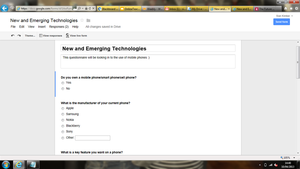 It is now possible to create a survey or questionnaire and share it directly with others via email. You are able to design it in anyway you like, with it offering many options for the recipient to reply, e.g. multiple choice, etc.
Without having to write it out by hand, it is possible to re-create it as many times as required and send it to as many people as required.
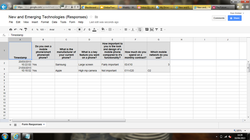 When your recipients have responded, responses are emailed back to you in a grid. This allows you to view them at ease and it is all in front of you without the need to 'tally' up yourself. Another advantage of the email is that you do not have to gather back questionnaires after they have been completed, like you would if in paper form.
Today we had a guest speaker join us. He introduced us to a website called Debate Graph. The idea behind it is to create an online mind map than can be edited, used as a demonstration/presentation tool and edited by multiple people. I was set the task to create a mind map about cyber security, using Debate Graph, however, I had great difficulty. I always try my hand at new technology, learning about it and trying it out, to discover more about it. I have always been a hands on person and after trying out this site, I found it difficult to follow and not simple enough just to create a mind map. I 'copped' out and used 'paint' instead as this was the only technological form. Although this is a very simple start to my mind map, I felt more confident creating it.
Internet security, privacy, data protection, are some of the many things that are overlooked when it comes to new technologies. How many of us can actually say that when prompted with terms and conditions to a website, they are read thoroughly? When we download a new app and it asks us if it can have access to our pictures or social networking information and we just click yes? It is imperative that we keep not only ourselves safe on the Internet but those around us as well.
The new Google Glass was released and although it seems like a great piece of technology, many issues were raised. Taking live videos and pictures of people without them knowing, possibility of cheating in exams, just some of the examples.
Social neworks are a great tool in keeping in touch with friends and family. You are able to share stories and photos, etc, but how many people would you really want looking through all your pictures of your child, partner family?? Luckily these sites have options available for you to limit who can view them.
If you look at this on the other side of the scale, by allowing users to become totally anonymous to others further problems can arise. We see it all too often, the stories on the news about people assuming different identities and pretending to be someone they are not. As much as we want to stop this from happening, how much can we actually 'police' this wihtout taking it too far and reducing and limiting access for everyone???
Google Glass is the latest emergence of technology. These glasses can be seen in some ways like a mobile phone/computer/tablet, etc. Why have many devices when only one will suffice? 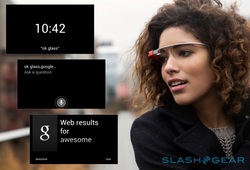 Ask them any question; time, weather, etc.
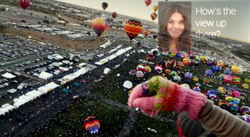 Reply to messages.
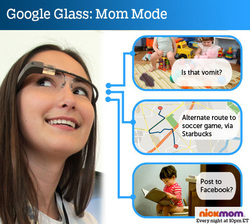 Upload pictures/videos directly to social networking sites.
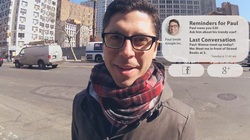 Receive live updates, messages and reminders.
These are just a few examples of what the Google Glass can do. They also allow you to connect straight to the Internet, use maps and GPS, take live pictures and videos.
With this great new technology comes risks and problems. The first being that the glasses are expensive and it is not as simple as 'popping' to the shops to buy them. Another is data protection. As you are walking around you are capturing people in pictures and videos, without realising and without them knowing. A final point is in regards to exams in school. If a pupil is wearing these glasses, it would be far too easy to gain the answers through messaging friends or finding the answer through a search engine.

Until this lecture I wasn't even aware that Google had extra applications on it's search engine, just pure ignorance I suppose. However, after delving deeper I discovered a fantastic app called Google Alerts.
 You simply choose a specific topic, I chose 'technology'. A search gives you links to blogs, reports, newspaper articles, etc, to everything in relation to your chosen topic. You can then choose to have these 'alerts' emailed to you on a daily basis, to ensure that you can keep up to date with the latest news.
This app is ideal for people of all professions with any type of interests, as a teacher I would use alerts to keep up to date with any issues, surrounding education, that arise in the media
Like the Engadget Podcast, The Gadget Show brings technology to life by demonstrating a wide variety of the latest technologies. The show is full of new products and they bring fun to it in the ways they show them off, for example in one episode they raced different remote control cars. . . Without seeing them in use or being pushed to the limit, how else would we know if they are any good?
The reason I chose to follow the Engadget podcast was because I have regularly watched the program and 'liked' it on Facebook. It keeps you up to date with the latest technologies, ranging from; mobile phones, gaming consoles, TV's, to name but a few. Not only does this podcast give so many useful hints and tips and a bucket load of information about new technologies but you also enjoy listening to the presenters due to their discussions and regular disagreements.
|


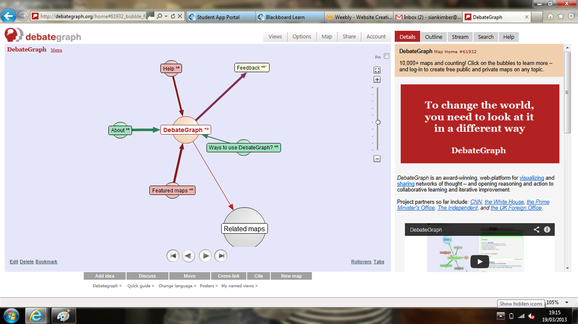
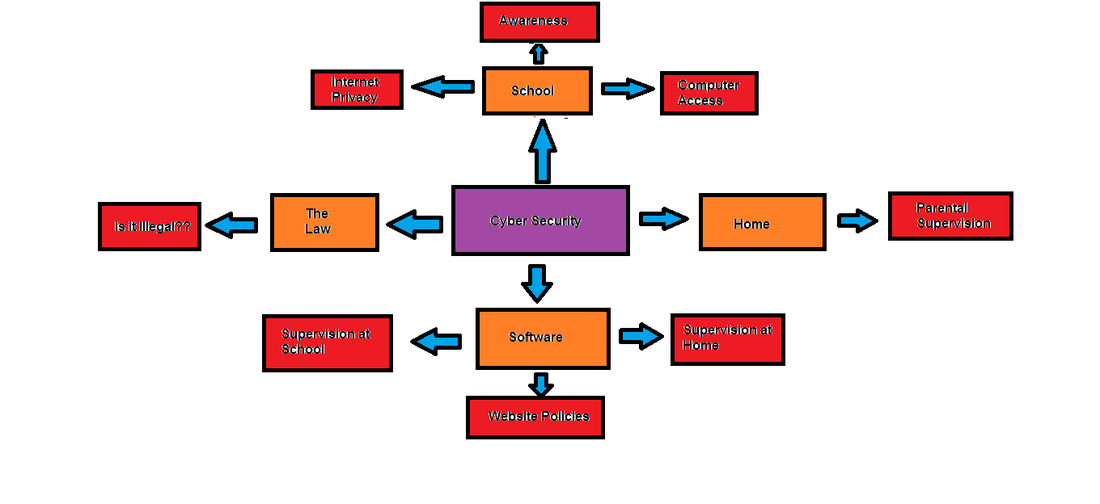
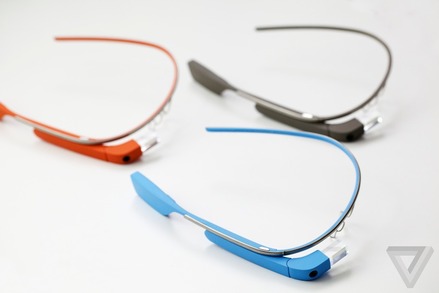







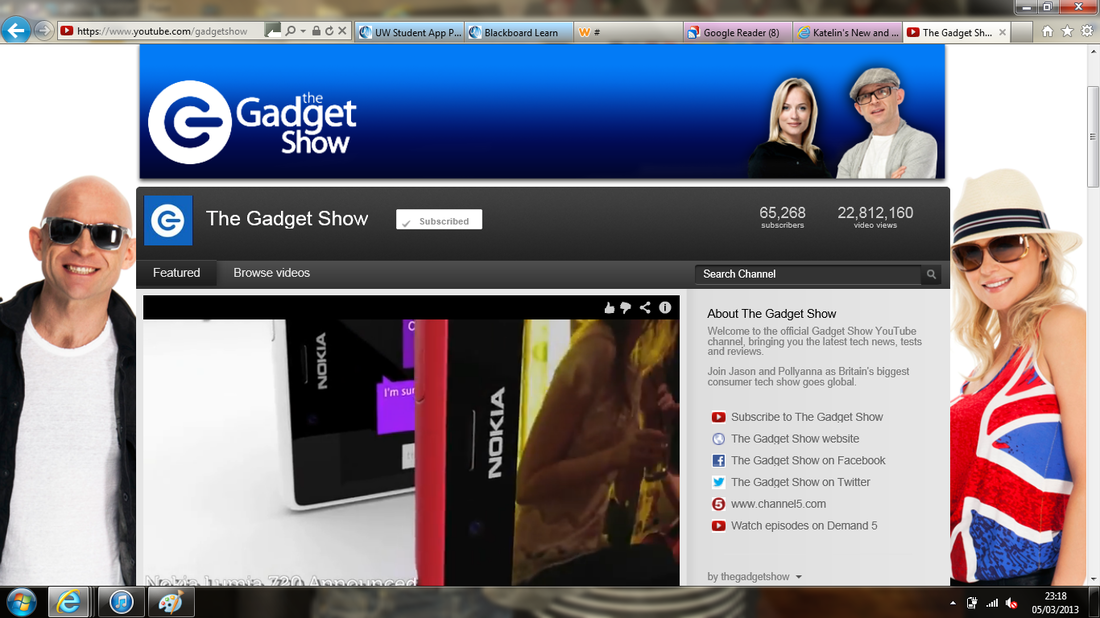

 RSS Feed
RSS Feed